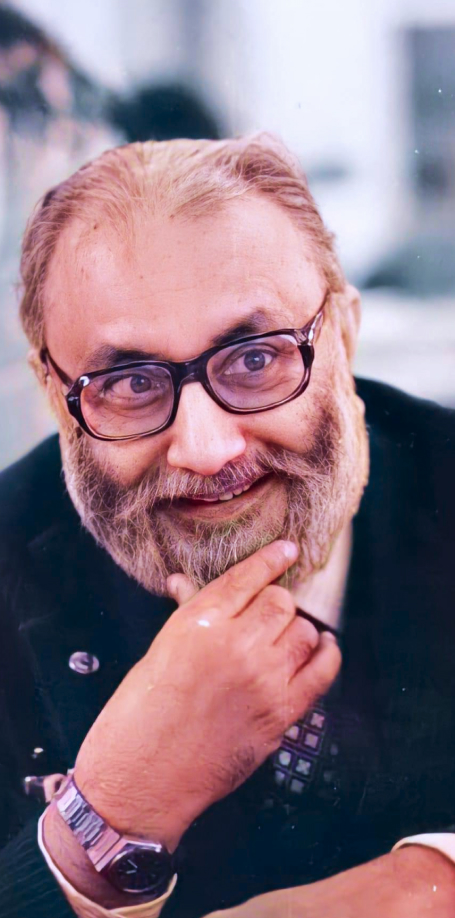

Who was Dr Abdus Salam?
Dr. Abdus Salam was one of the pioneers of scientific research in Pakistan. Salam was the first Pakistani to win the Nobel Prize for Physics in 1979. To the world he was the first Muslim scientist to win the prize, but in Pakistan he was not. His religious sect, the Ahmadiyya community had been declared non-Muslim in 1974, by the Pakistani parliament.
Salam was born in Jhang in British-controlled India in 1926. One story goes that his father, Chaudhary Mohammad Hussain, a schoolteacher and landlord, had a vision that he would have a son, and his name would be Abdus Salam. Salam went on to attend Government College Lahore, and received a Phd in Theoretical Physics from Cambridge University.
Salam left Pakistan after anti-Ahmadi riots in 1953 but continued to be involved in the country’s scientific research. In the 60s he carried out his award-winning research at the Imperial College of Science. In 1961 he established Pakistan’s space program while in the 1970s, he was controversially involved in Pakistan’s nuclear weapons program. After Prime Minister Zulfikar Ali Bhutto passed the law declaring Ahmadis non-Muslim, his association with the nuclear program ceased, and he went on to be outspoken against nuclear weapons.
Dr Salam & Science
Ultimately, he won the Nobel Prize with Sheldon Lee Glasgow and Steven Weinberg, for their contributions to the electroweak theory that “unified weak and electromagnetic interaction between elementary particles, including, inter alia, the prediction of the weak neutral current.”
For Salam, science was inextricably tied to his faith. He often said that his ideas came to him from God. On his gravestone, in the town of Rabwah, Pakistan, where was buried in 1996, he was described as the first Muslim Nobel Laureate, until local authorities scrubbed out the word ‘Muslim.’
He was a dedicated diarist, an idealist, and devoted to Pakistan until the end, even though Pakistan had long turned its back on him. Further reading on Salam can be found here, here, and here. A documentary about his life is now on Netflix.
